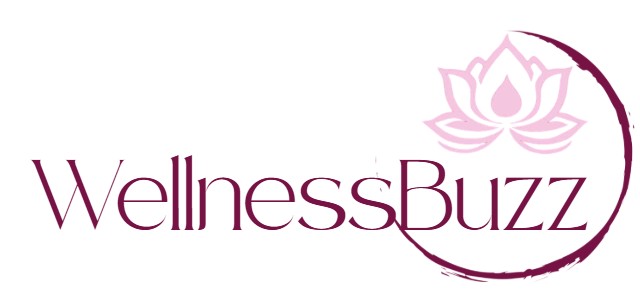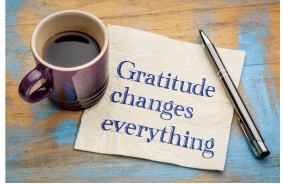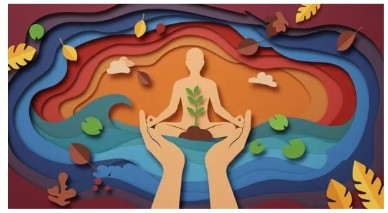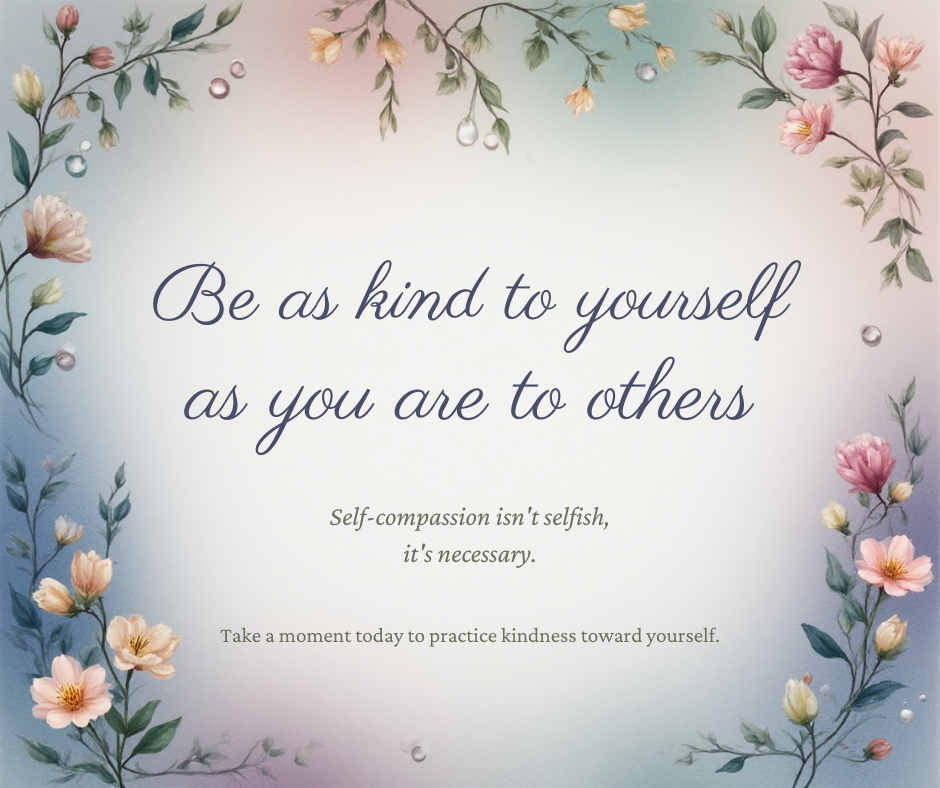Music for the Soul : – Have you ever had one of those days? The kind where your mood feels heavy, your concentration is shot, and the world just seems a shade too gray. Then, you put on that one specific song—the one that feels like a warm embrace or a sudden shot of adrenaline—and instantly, the clouds lift.
It’s more than just a fleeting distraction. It’s a profound shift.
For millennia, humans have intuitively understood that music is not just entertainment; it is an essential nutrient. It builds community, processes grief, fuels celebration, and, arguably, defines our humanity. If the soul is the seat of our emotions, our consciousness, and our spirit, then music is the constant, reliable force that keeps that soul healthy and humming.
Here is the definitive guide to why music is fundamentally, undeniably good for your soul.
1. The Mood Alchemist: Stress Relief and Emotional Processing
The most immediate benefit of music is its ability to hijack our emotional state—in the best possible way. This isn’t magic; it’s neuroscience.
When we listen to music we genuinely enjoy, our brain releases dopamine, the crucial “feel-good” neurotransmitter associated with pleasure, reward, and motivation. Simultaneously, engaging with sound, particularly soft or rhythmic music, helps to lower levels of cortisol, the primary stress hormone.
Music acts as emotional scaffolding, allowing us to safely process complex feelings:
- Validation: When you are sad, a melancholy song doesn’t make you sadder; it validates the emotion, making you feel understood and less isolated in your experience.
- Release: A high-energy track can be a healthy outlet for pent-up frustration or anger, transforming potentially destructive energy into physical movement (like dancing or exercise).
- Grounding: For those suffering from anxiety, ambient or classical music provides a sonic sanctuary—a predictable rhythm that helps pull the listener out of catastrophic thinking and back into the present moment.
2. The Universal Historian: Connecting to Memory
Music is a powerful mnemonic device. It is expertly linked to the limbic system, the area of the brain responsible for emotion, instinct, and long-term memory. This is why a song from your high school years can instantly transport you back to a specific hallway, a particular smell, or a forgotten relationship.
Music doesn’t just recall memories; it preserves them. For this reason, musical therapy is becoming a vital and successful tool in working with patients suffering from dementia and Alzheimer’s disease. Even when verbal language fails, a familiar melody can often unlock deep, emotional connections to the past, bringing moments of clarity and joy.
Your Soundtrack is Your Spiritual GPS: Every significant chapter of your life has a soundtrack. Revisiting these tracks is a powerful way to tap into your personal history, reinforce your identity, and honor the journey that brought you here.
3. Fueling Focus: Productivity and Enhanced Cognition
While the widely popularized “Mozart Effect” (the myth that listening to classical music makes you instantly smarter) has been largely debunked, the genuine cognitive benefits of music are undeniable.
Rhythm and sonic texture prepare the brain for deep engagement. When we listen to music without lyrics—or music that operates slightly outside of our awareness—it effectively blocks out environmental distractions without demanding our conscious engagement.
How to Use Music for Better Focus:
- Routine Creation: Use a specific playlist (Lofi, Jazz, Cinematic Scores) to signal to your brain that it’s time to switch into “focus mode.”
- Motivation: Studies show that listening to high-tempo, high-power music immediately before or during physical tasks (like working out or performing manual labor) significantly increases persistence and endurance.
- Creative Flow: Instrumental music can quiet the inner critic, allowing creative ideas to surface without the interruption of language.
4. The Shared Vibration: Building Community and Connection
Perhaps the most profound way music nourishes the soul is through shared experience. Music is the original social media.
Think about the collective energy of a concert, where thousands of disparate individuals suddenly share the exact same rhythm, the exact same ecstatic feeling. Think about singing a hymn in a house of worship, or swaying at a wedding with lifelong friends.
In these moments, music dissolves artificial barriers—age, language, politics—and reminds us of our fundamental connection to one another. It facilitates empathy and understanding far more quickly than words ever could. This collective vibration is what feeds the spirit, making us feel part of something vast and beautiful.
Turn Up the Volume on Your Life
Music isn’t a luxury; it’s a vital part of spiritual maintenance. It’s the easiest, most accessible form of self-care available to us. It doesn’t require a prescription, a membership, or a special destination—just a moment of intentional listening.
So, the next time you feel depleted, overwhelmed, or just plain bored, stop scrolling. Don’t look for a distraction; look for nourishment.
Put on that playlist. Close your eyes. And let the sounds build the spiritual scaffolding that holds your day together. Your soul will thank you for it.







Leave a Reply